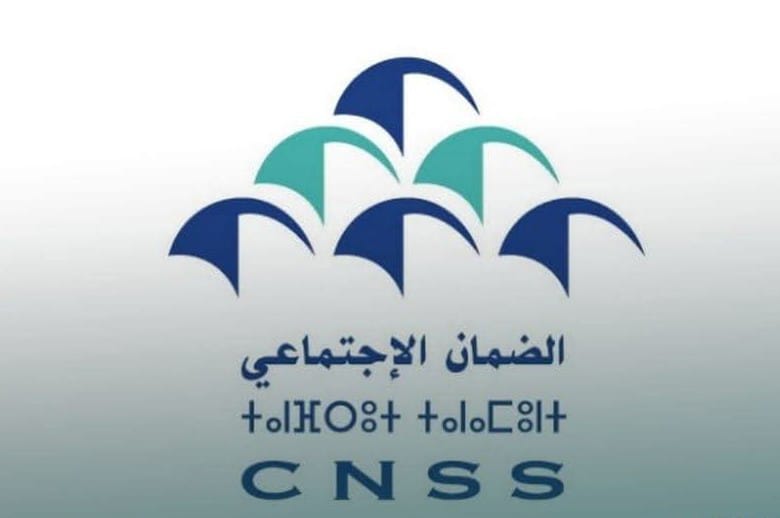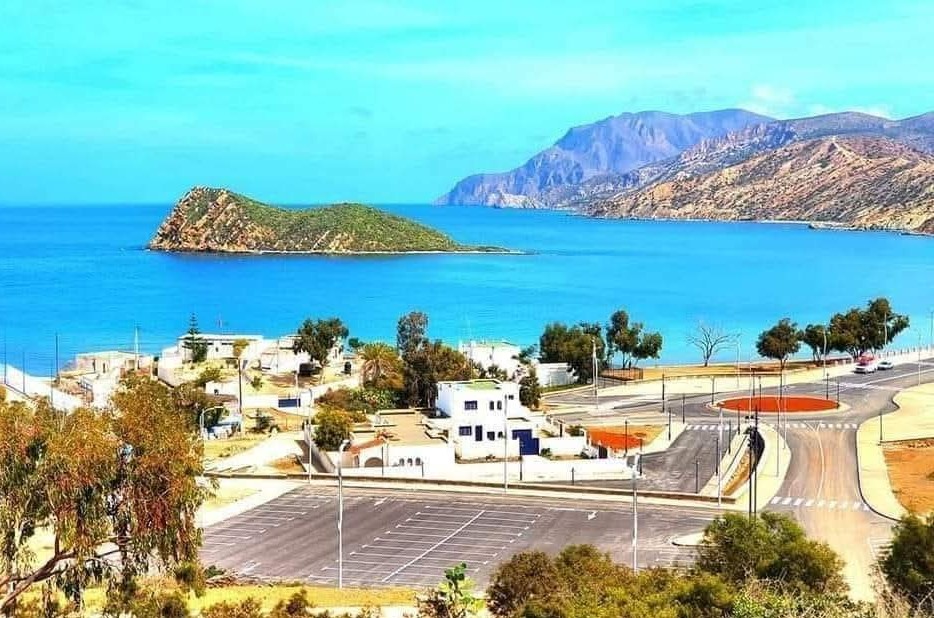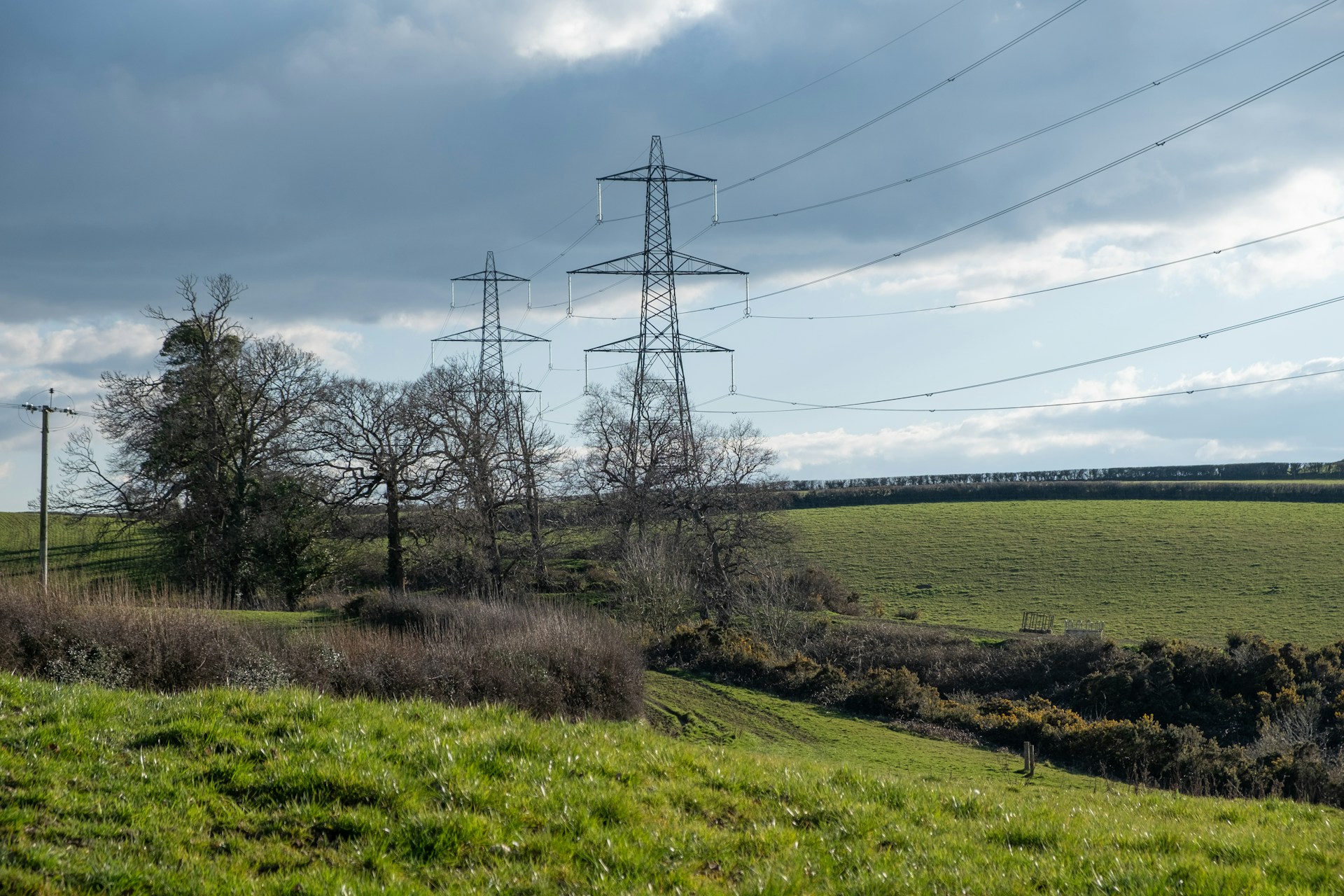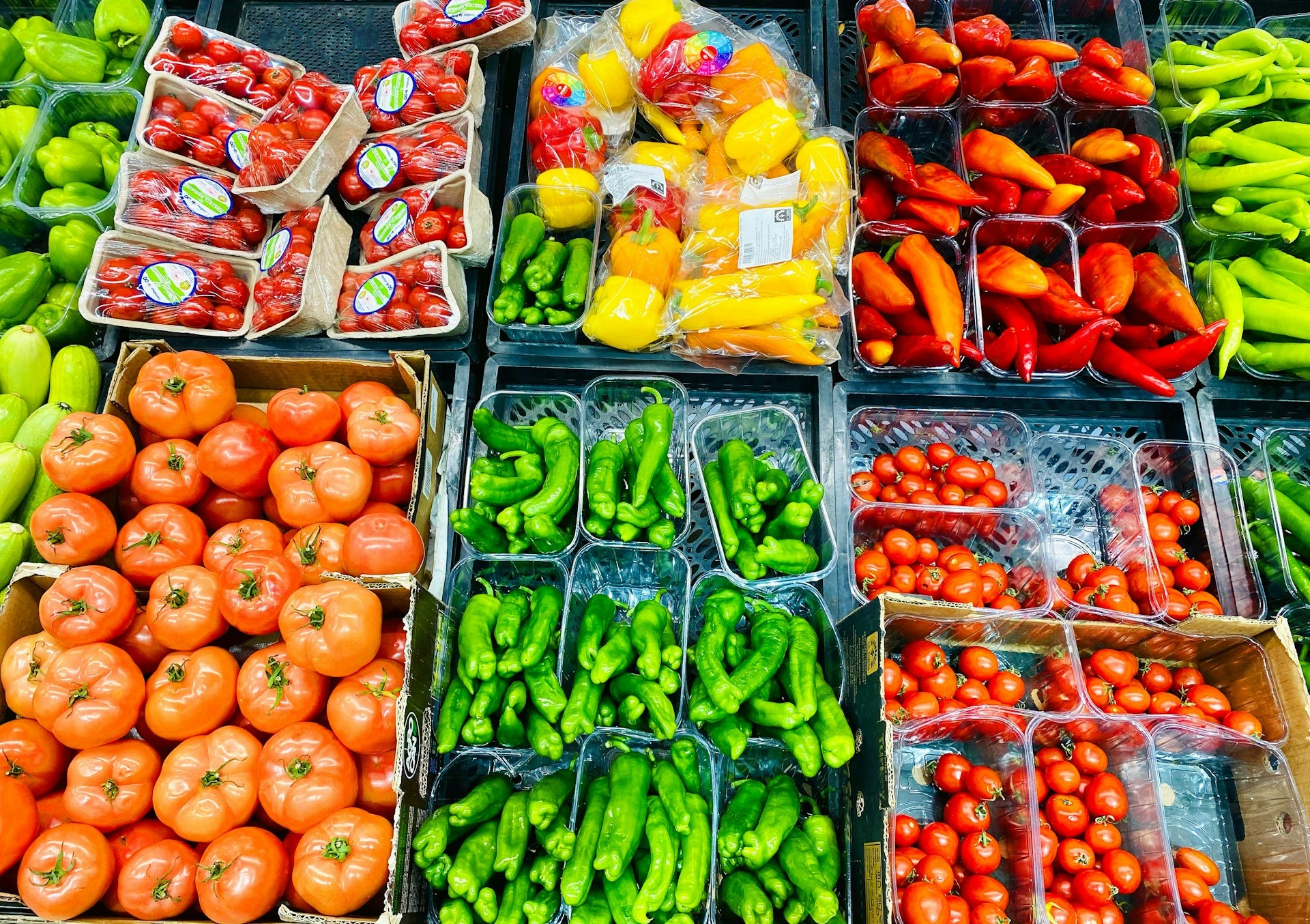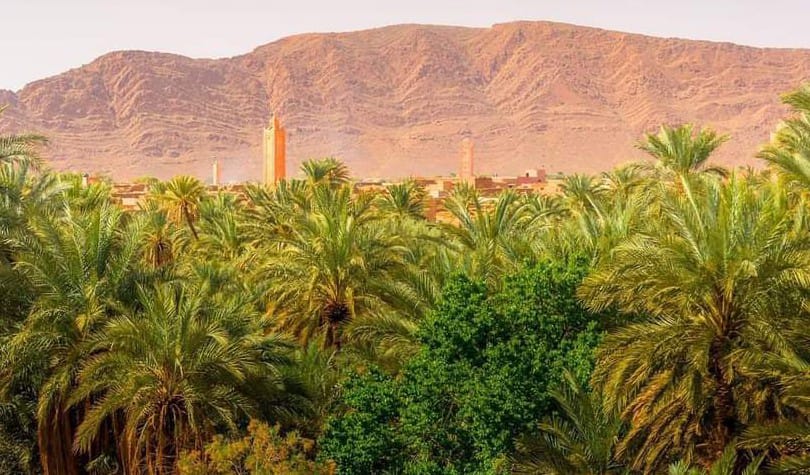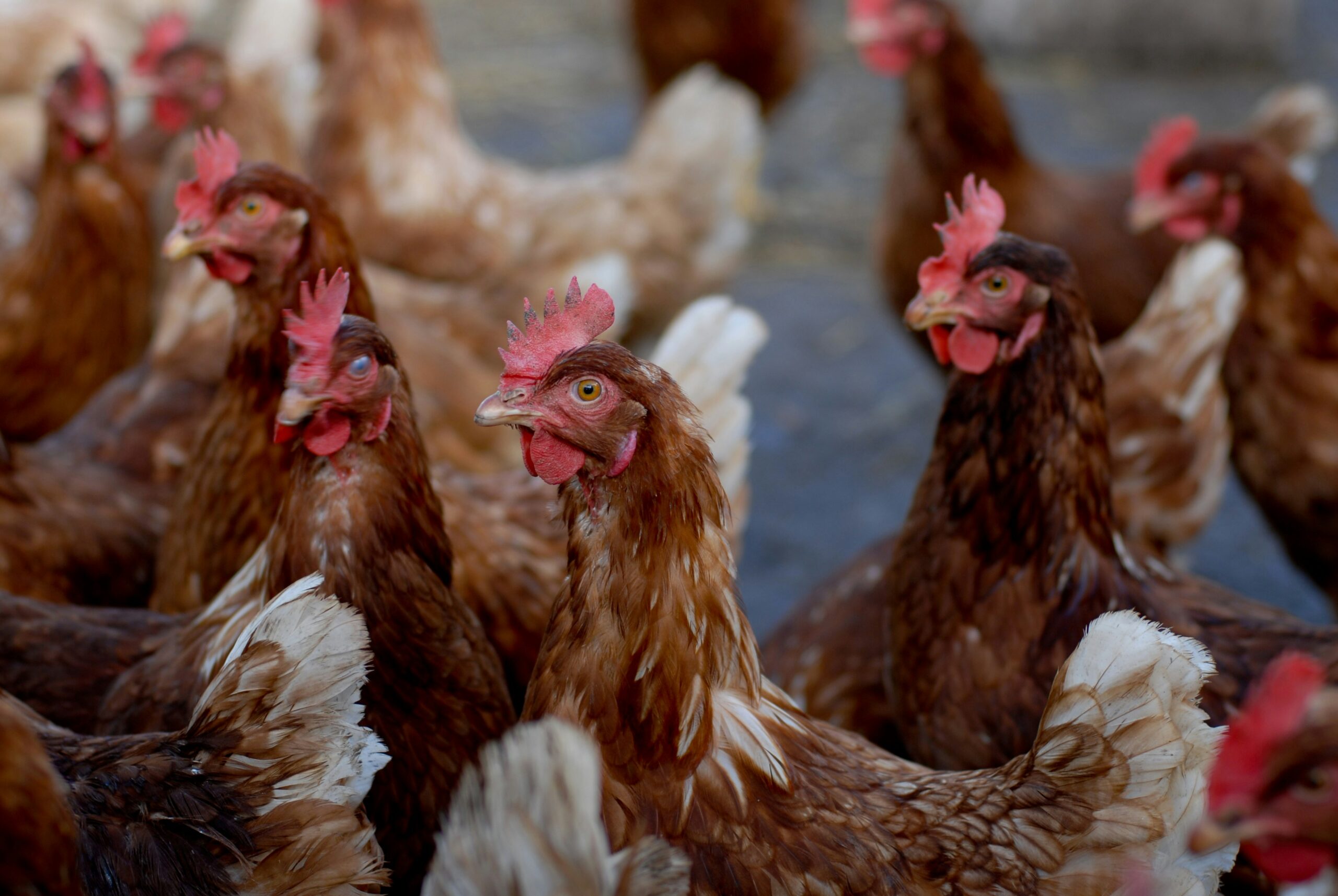Casablanca – Morocco is fast-tracking its ambition to become a regional and global leader in electric vehicle (EV) manufacturing, announcing a significant increase in production capacity alongside major investments in battery production and market diversification.
Speaking before the House of Representatives this week, Minister of Industry and Trade Ryad Mezzour revealed that Morocco plans to increase its annual production of electric vehicles by 53% by the end of 2025, reaching 107,000 units. This development aligns with the kingdom’s broader industrial strategy aimed at boosting competitiveness, reducing export dependency on Europe, and capitalizing on the global shift toward clean mobility.
From regional manufacturer to global contender
Morocco’s automotive sector has experienced rapid growth over the past two decades, transforming from a modest regional assembler into the largest automotive manufacturer in Africa. As of 2025, the country produces around 700,000 vehicles annually and is on track to reach a milestone of one million vehicles by the end of the year.
The auto industry is now Morocco’s top export sector and a vital contributor to the national economy. According to the Ministry of Industry, the automotive sector accounts for 15% of Morocco’s gross domestic product (GDP) and employs over one million people directly. Between 2014 and 2018 alone, the industry created 116,000 jobs, and by 2019, job integration had surpassed 220,000 positions. Currently, more than 250 companies operate within the sector, including global names such as Renault, Stellantis (Peugeot), and Yazaki.
The sector’s growth has been driven by a combination of political stability, attractive investment incentives, proximity to European markets, and strategic infrastructure investments such as the Tanger Med port.
EV production and battery manufacturing
Electric vehicles have become a core focus of Morocco’s next phase of industrial expansion. Currently, the country produces 70,000 EVs annually and 120,000 hybrid vehicles. The government’s target to increase EV production to 107,000 units by the end of 2025 is supported by growing global demand for electric mobility and by Morocco’s ambition to reduce its reliance on traditional markets, especially the European Union.
A major breakthrough in this strategy is Morocco’s emergence as one of only five countries in the world capable of developing an almost fully integrated local battery supply chain. According to Mezzour, Morocco has already begun exporting raw materials used in battery manufacturing over the past six months and is expected to begin producing battery cells by June 2026. The local integration rate for these battery components is projected to reach 70%, positioning Morocco as a competitive hub for battery and EV production alike.
The integration of all stages of battery production is projected to significantly lower costs and improve the environmental impact of EVs made in Morocco.
Export markets and challenges
Despite recent setbacks, Morocco remains confident in the resilience of its automotive exports. During the first four months of 2025, car exports declined by 7%, falling to $5.4 billion, a drop of about $399 million compared to the same period in 2024. This was largely attributed to reduced demand in key European markets, particularly France, where auto sales dropped by over 25%.
Vehicle exports still represent the lion’s share of Morocco’s foreign trade, with wiring exports reaching $1.95 billion, interior and seating components climbing to $344 million, and vehicle construction exports contributing $1.9 billion. Exterior components, however, saw a 10% decline.
To counter the risks associated with heavy dependence on Europe, Morocco is pursuing a diversification strategy. The country currently exports vehicles to 70 markets and aims to expand that footprint to 100 destinations worldwide. This move is part of a wider effort to attract a broader client base and shield the sector from regional market volatility.
EU tensions and future outlook
Morocco’s efforts to expand its industrial reach recently faced a hurdle when the European Commission imposed countervailing duties on imports of Moroccan aluminum road wheels, citing concerns over unfair competition. In response, Moroccan authorities expressed disappointment, warning against selective trade practices and affirming the importance of balanced EU-Morocco economic cooperation.
Nevertheless, officials remain optimistic. With growing interest from Asian and American partners, increasing localization of key technologies, and sustained public-private investment, Morocco appears well-positioned to solidify its place in the global electric vehicle supply chain.
As the global auto industry shifts toward electrification, Morocco’s early moves to integrate battery manufacturing and scale up EV production could prove pivotal—not just for its economy, but also for its standing in the next era of global industrial competition.








